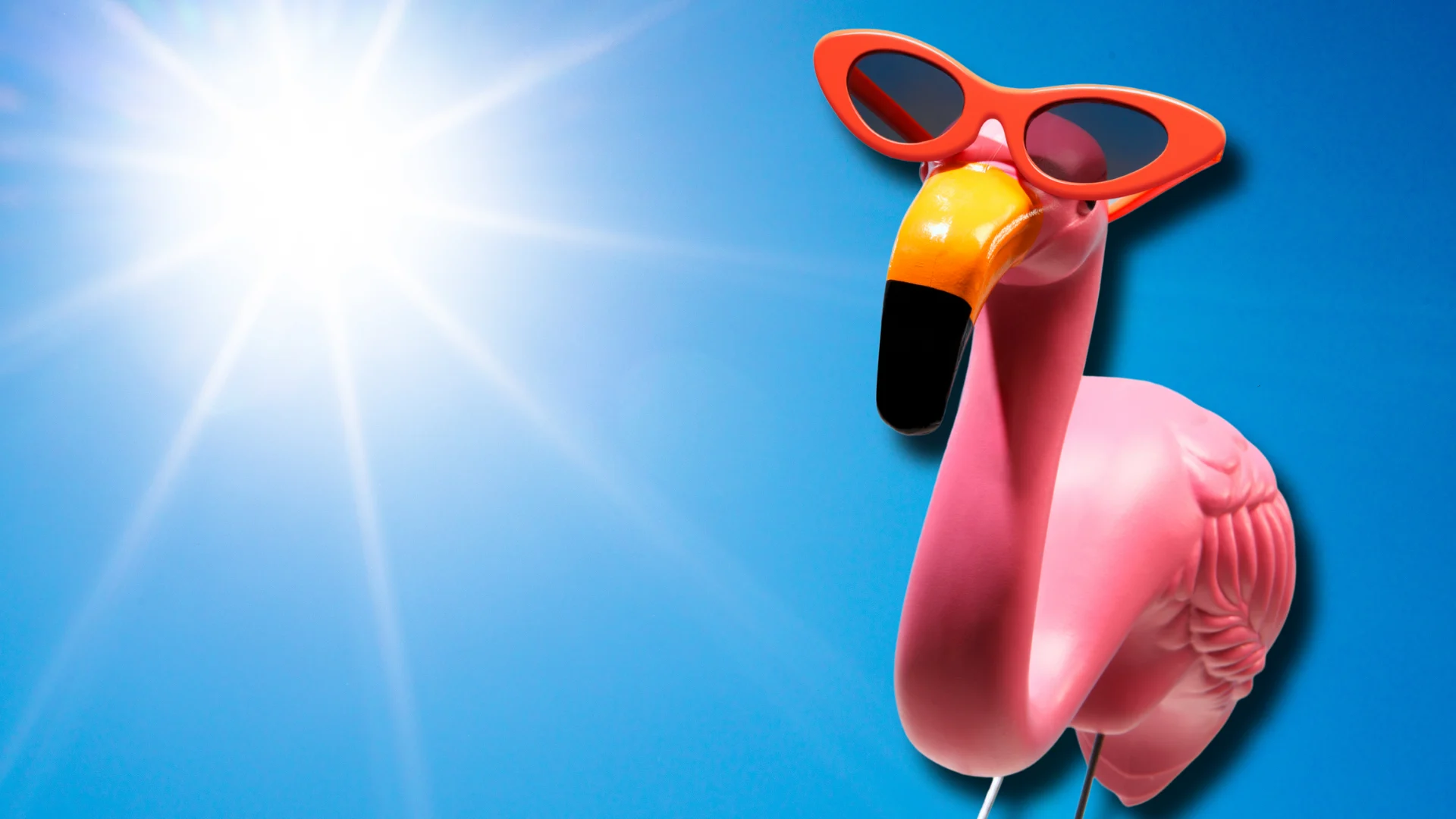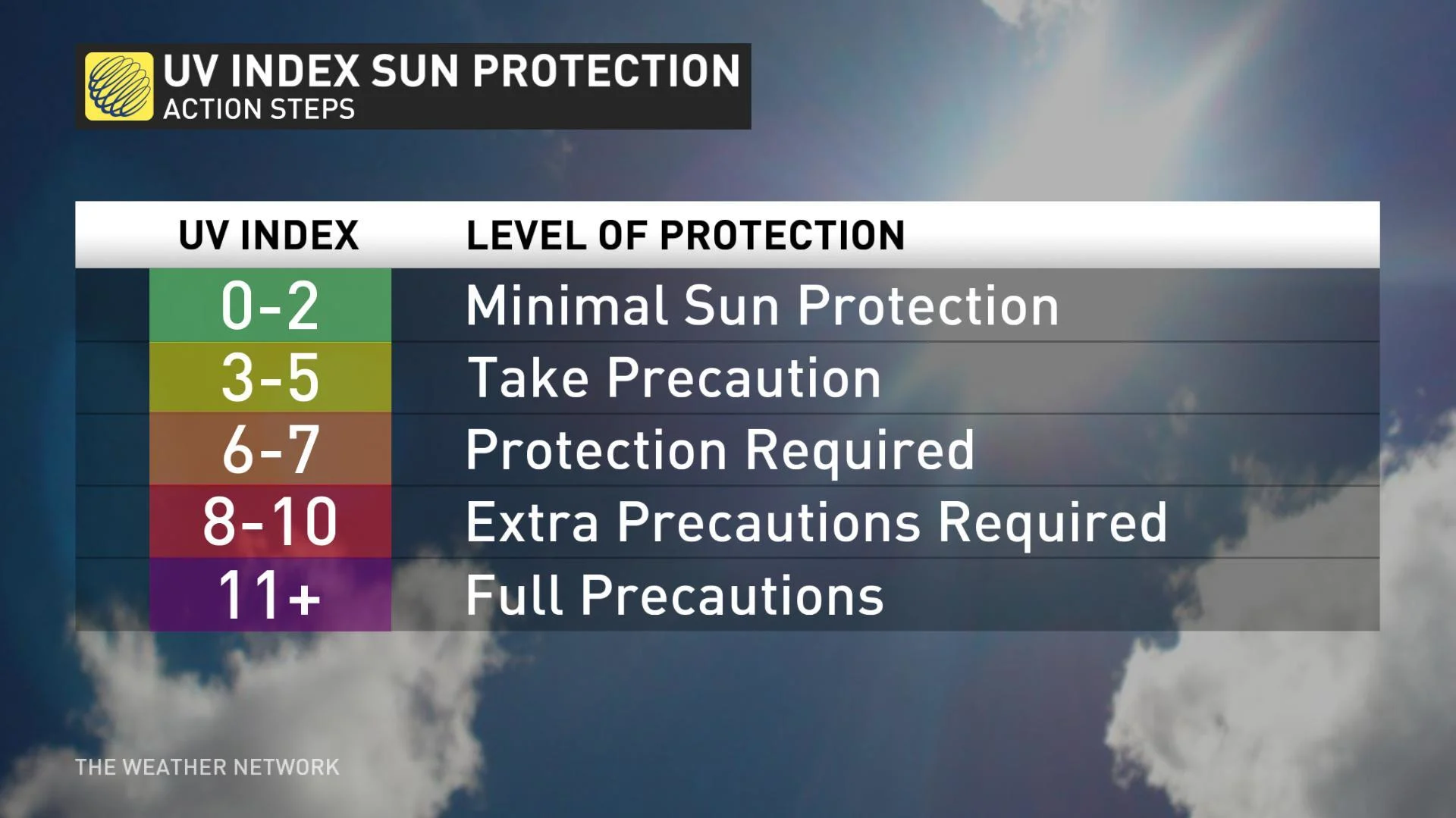
Don't overlook your eyes when protecting yourself from the sun
Spending some time in the sun? Don’t forget to protect your eyes!
We all know to apply sunscreen when spending time outdoors on a sunny day to prevent uncomfortable sunburns. But did you know that it’s not just your skin that can get burned? Your eyes are also vulnerable to sun damage!
Photophthalmia—eye inflammation from exposure to ultraviolet rays, which are emitted by the sun—can occur from prolonged sun exposure.
A brief glance at the sun may just leave you with temporary spots in your vision, but any more than that could leave you with damage to the soft tissue that makes up your cornea—the structure in your eye that protects the iris and pupil—which, in some cases, can be permanent and increase your chance of developing cataracts.
DON'T MISS: The colour of your child's bathing suit could make swim time safer
A burn at the corneal level is called photokeratitis, and you don’t need to stare directly at the Sun to get it. Bright reflections, such as off snow or water, can also cause your cornea to burn.
In extreme cases, you could even burn and scar your retina (the soft tissue at the back of the eye)—this is called solar retinopathy. This, however, is most common when staring directly at a solar eclipse without proper eye protection.

What to look out for
The prolonged symptoms to look out for that could indicate sun damage to your eyes are
Red eyes
Severe, painful burning sensation in the eyes
Watery eyes
Twitchy eyelid
Aversion to lights
Persistent headache
Blurred vision
In minor cases, these symptoms should go away on their own with some rest and lubricating eye drops. It’s when the symptoms don’t go away after 24-72 hours that you may want to book a visit with your optometrist.
SEE ALSO: Odd weather terms you may hear in the spring and summer
Protecting yourself from the sun
While you can’t apply sunscreen to your eyes, there are numerous ways to reduce the amount of sun exposure and strain on your eyes in bright sunlight.
The best way to protect your eyes from the sun is to invest in a good pair of sunglasses that are UVA and UVB resistant. These will stop the harmful ultraviolet rays from reaching your eyes.
Polarized sunglasses are also a great option, as they reduce glare from sunlight reflecting off of surfaces.
In addition to sunglasses, always wear a brimmed hat when outdoors, as it will cast shade over the top of your face.
With files from Émilie Aubry, a content creator at MétéoMédia, The Weather Network’s Quebec-based French counterpart.
Thumbnail image edited by Anika Beaudry via Canva Pro.
